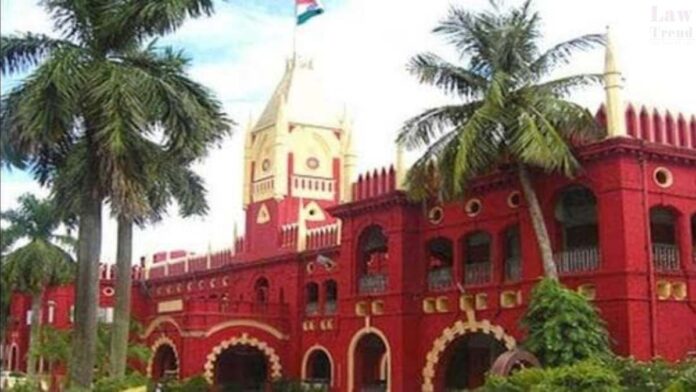The Orissa High Court, in a significant ruling, has clarified that a Magistrate can order an investigation against a public servant only after considering his defence and obtaining a report from his superior officer, as mandated under Section 175(4) of the Bharatiya Nagarik Suraksha Sanhita (BNSS), 2023. The decision was delivered by Justice G. Satapathy
To Read More Please Subscribe to VIP Membership for Unlimited Access to All the Articles, Download Available Copies of Judgments/Order, Acess to Central/State Bare Acts, Advertisement Free Content, Access to More than 4000 Legal Drafts( Readymade Editable Formats of Suits, Petitions, Writs, Legal Notices, Divorce Petitions, 138 Notices, Bail Applications etc.) in Hindi and English.




